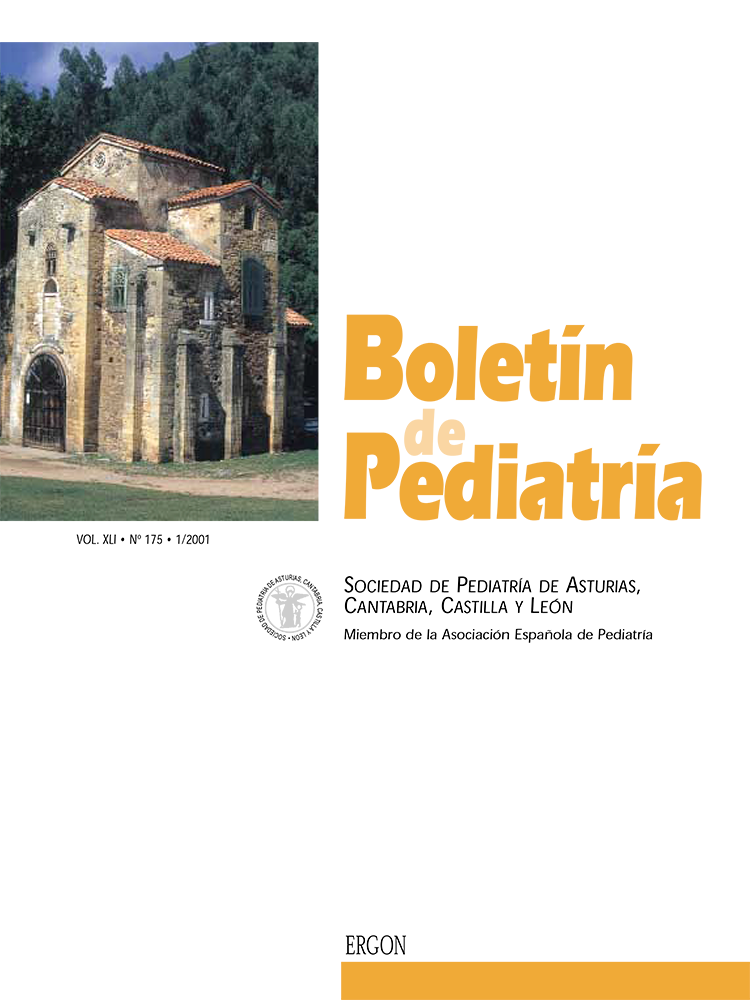Abstract
Abstract Recurrent episodes that affect consciousness occur in epilepsy and in some metabolic disorders but also in the context of migraines, as is the case which is reported herein of a male child who suffered paroxistic stupor episodes from 3 years of age which lasted more than 24 hours, with vegetative disorders and occasionally irregular movements of a hemibody. The child had no personal background, and his mother and grandmother suffered migraines. The clinical and neurological examination, eye fundus, and complementary examinations ? complete blood count, coagulation, glucose, transaminases, amylase, amino acids, ammonium, lactate, ions, acid-base balance, uric acid, urea and creatinine? were normal during and between seizures. The brain CT and RMI were normal. The EEG had generalized groups of show and sharp waves of up to 20 minutes in time. Having been treated unsuccessfully with all the antiepileptic agents, 65 mmol/mol of creatinine of 5-hydroxyindolacetic (normal < 10) was detected in urine during a seizure. The anti-epileptic agent was discontinued and pizotifen was administered. The frequency and duration of the seizures decreased and disappeared after taking flunarizin. Six months after this last treatment was initiated, a new determination of indolacetic acid in urine was performed, with normal results (6 mmol/mol of creatinine). In conclusion, although there are electroclinical data suggestive of epilepsy, the resistance to the specific treatment justifies discarding other diagnoses at such unusual occasions as that of this patient.

This work is licensed under a Creative Commons Attribution-NonCommercial 4.0 International License.
Copyright (c) 2001 Boletín de Pediatría
